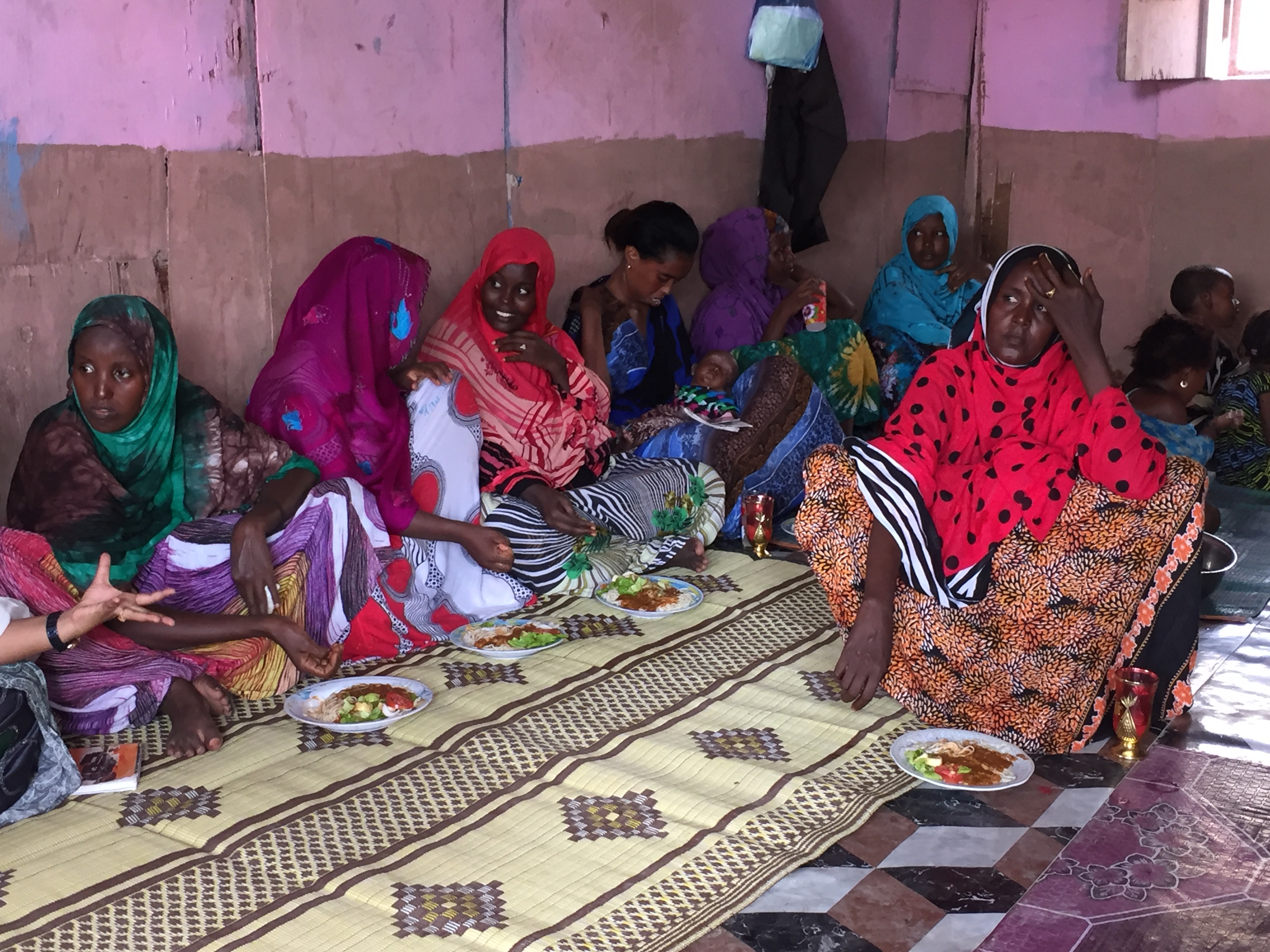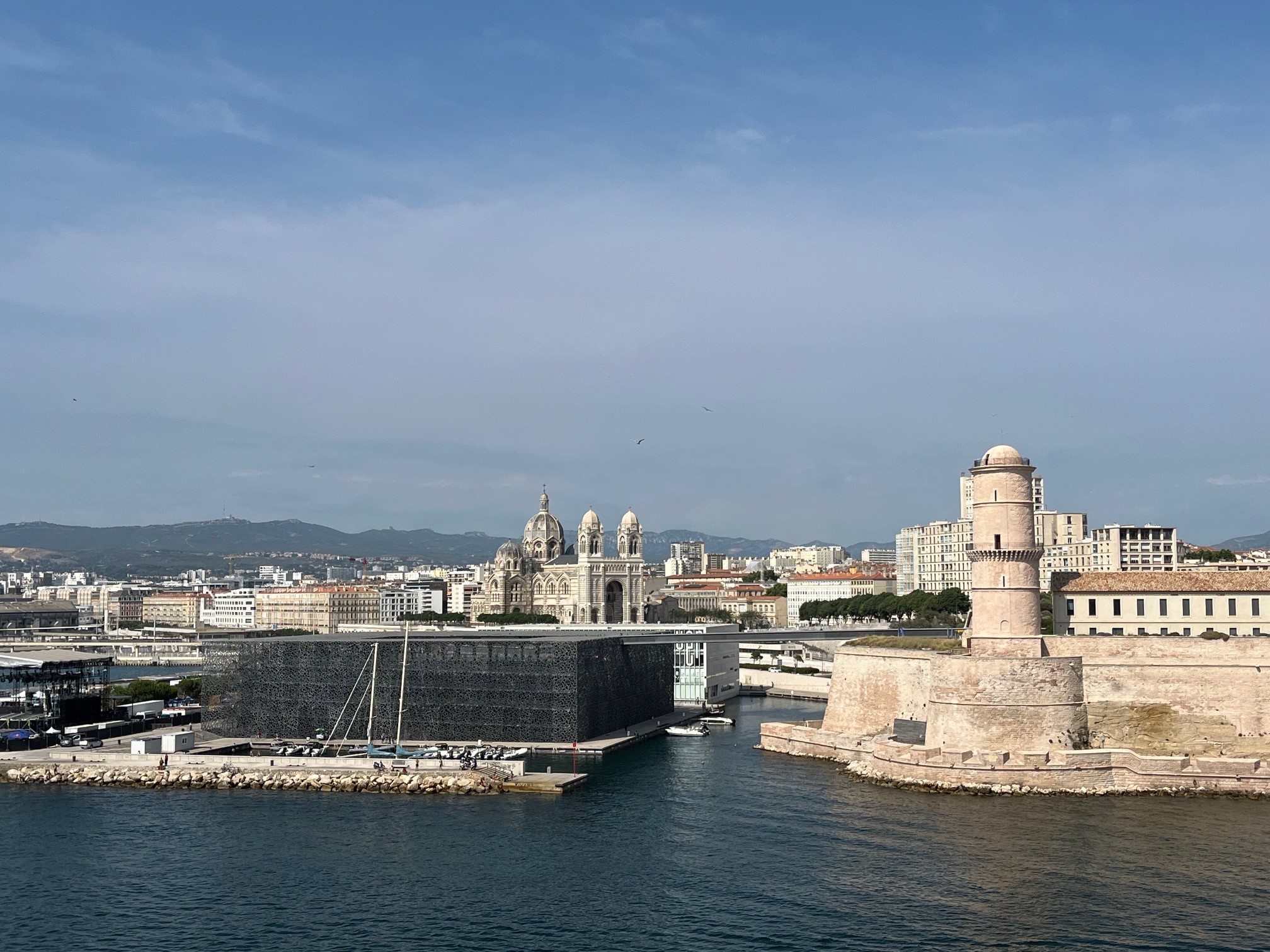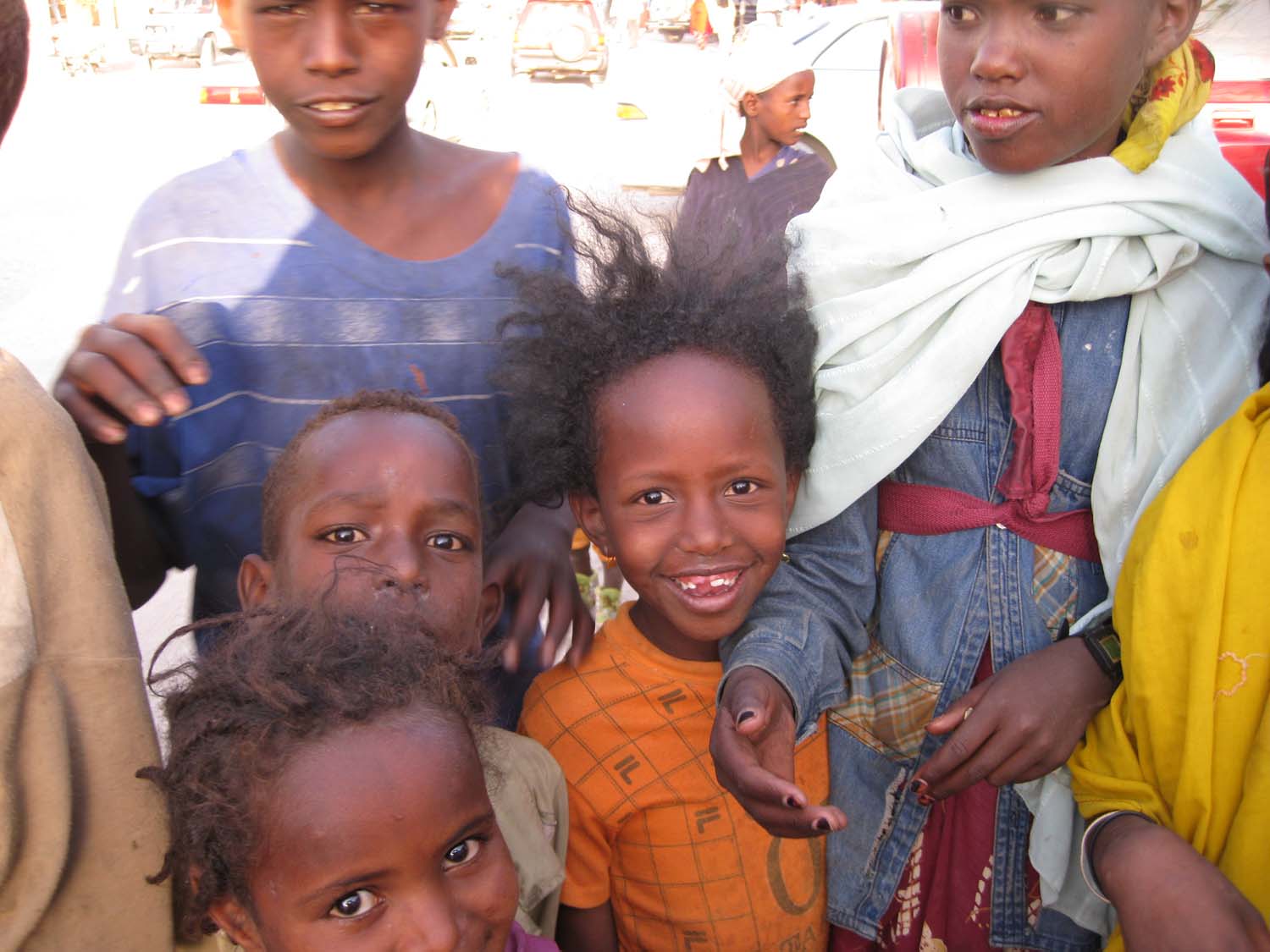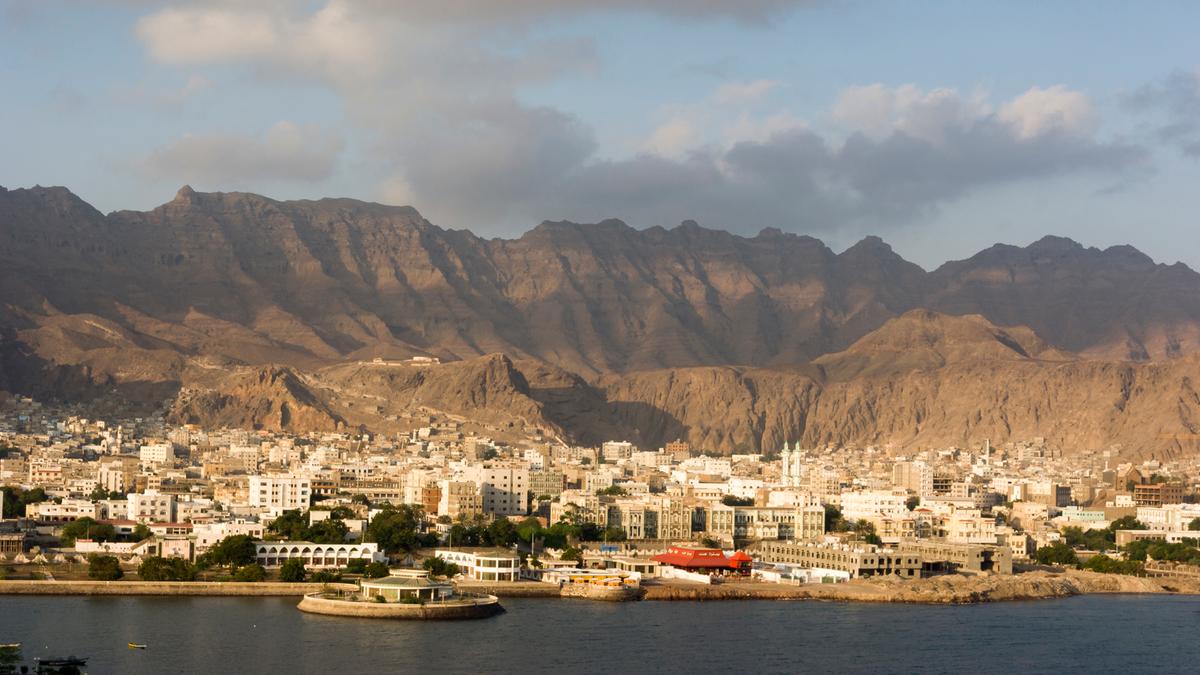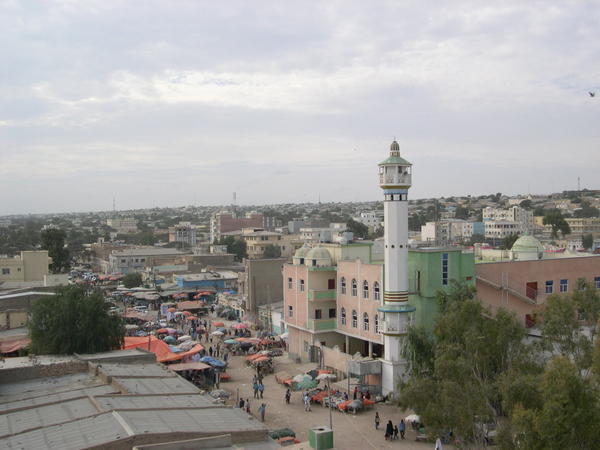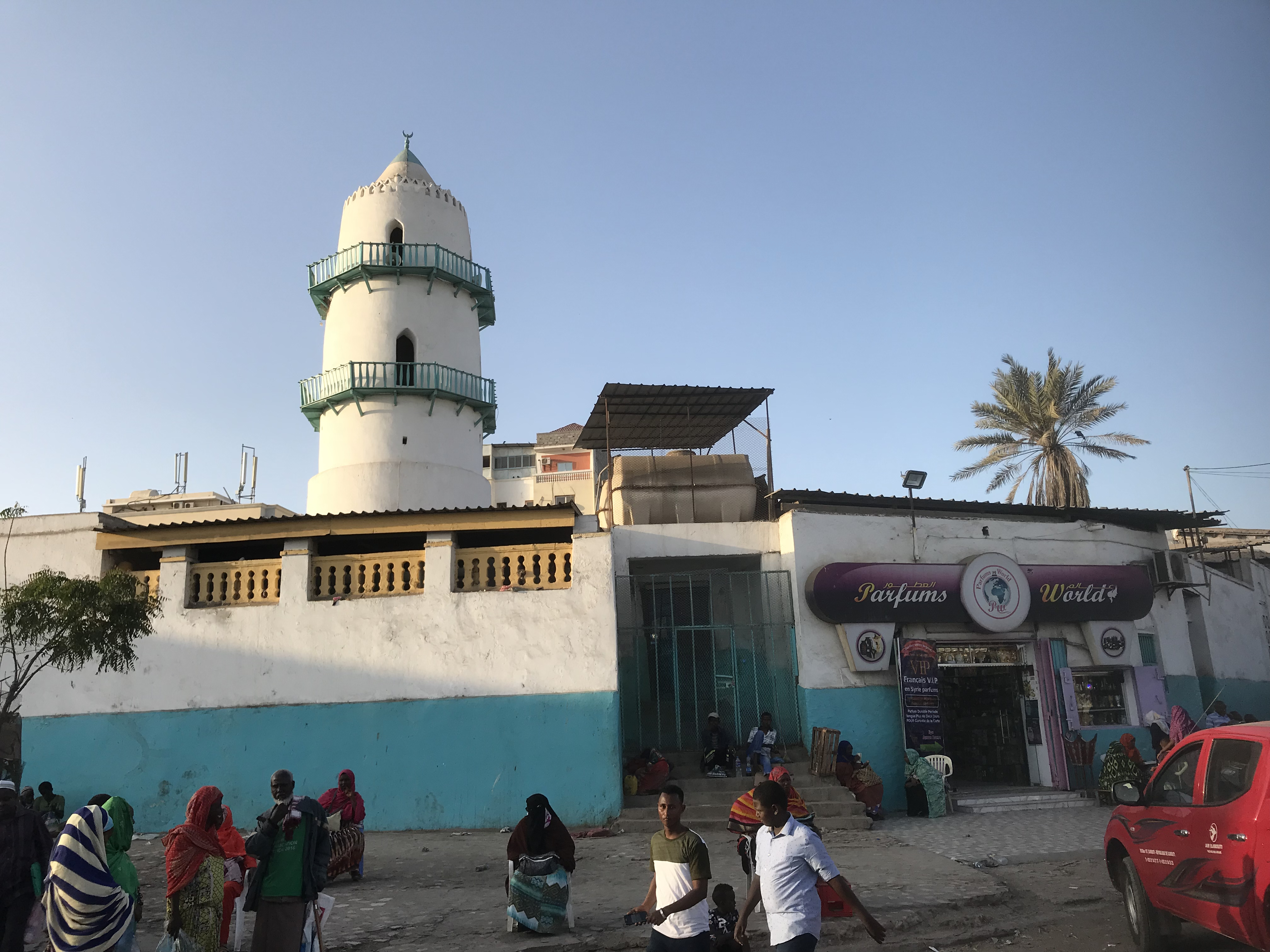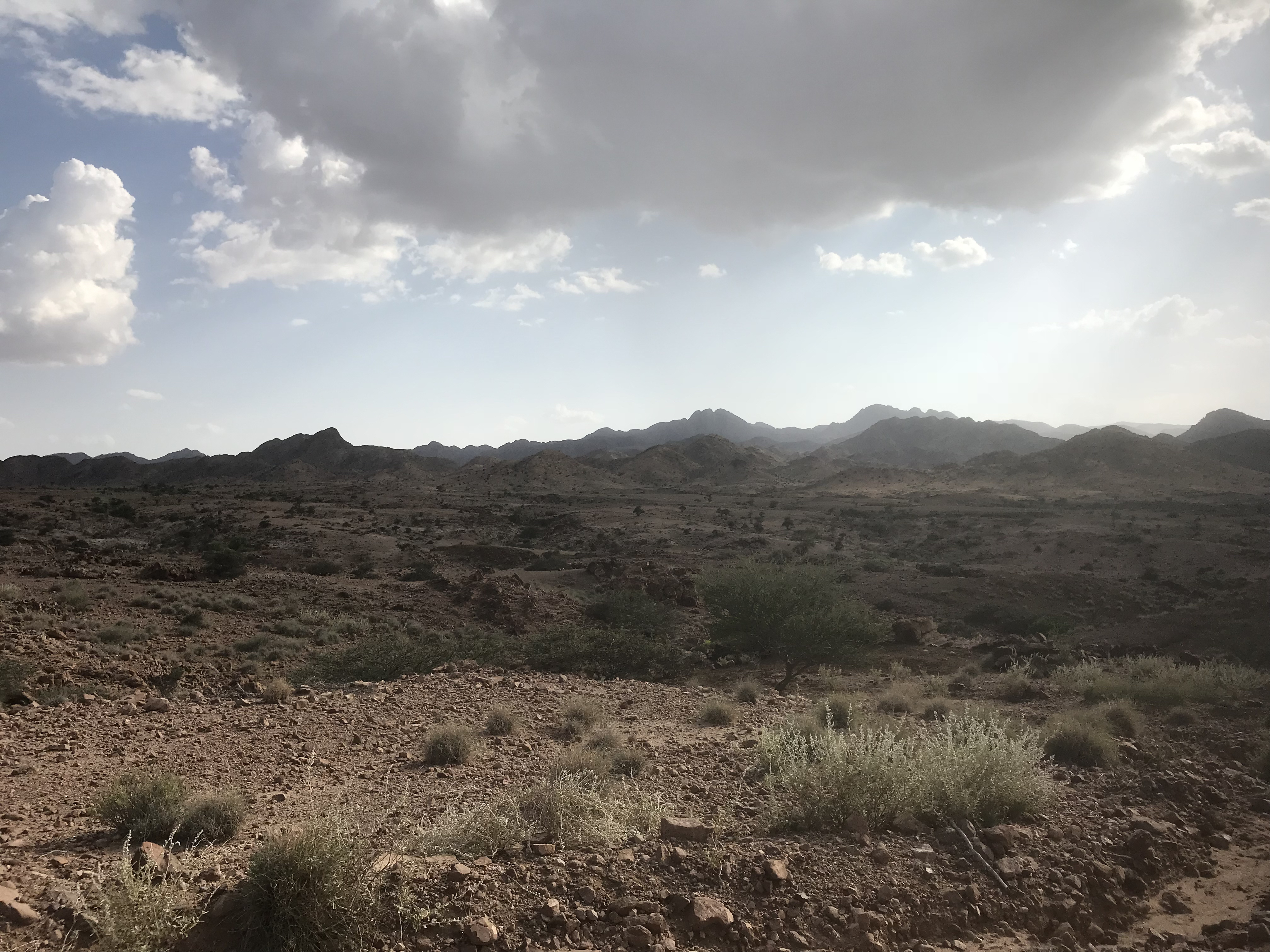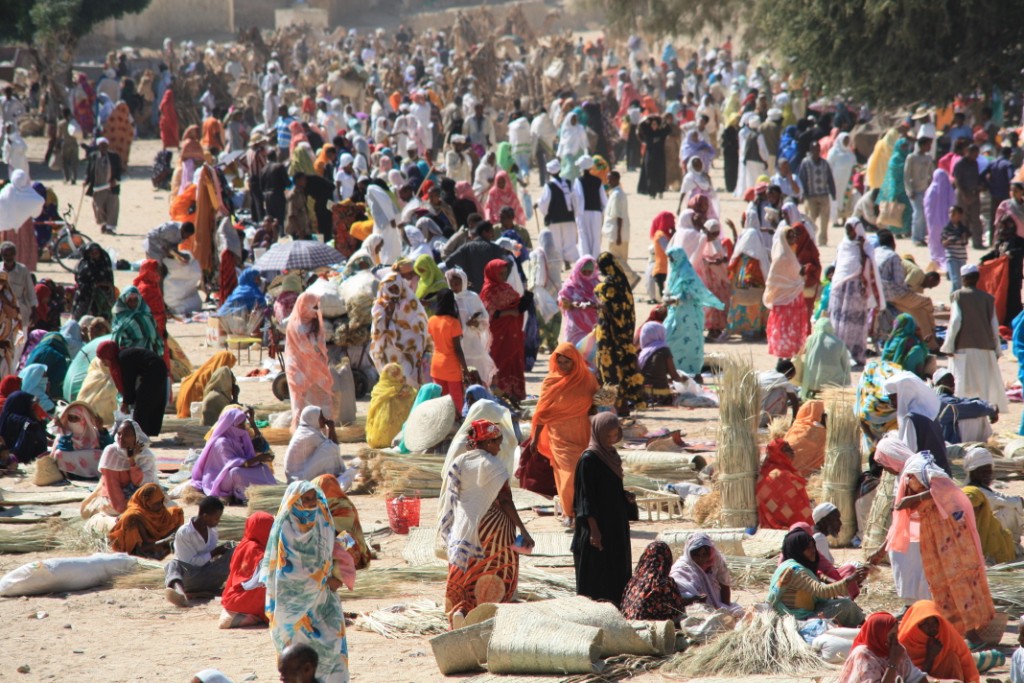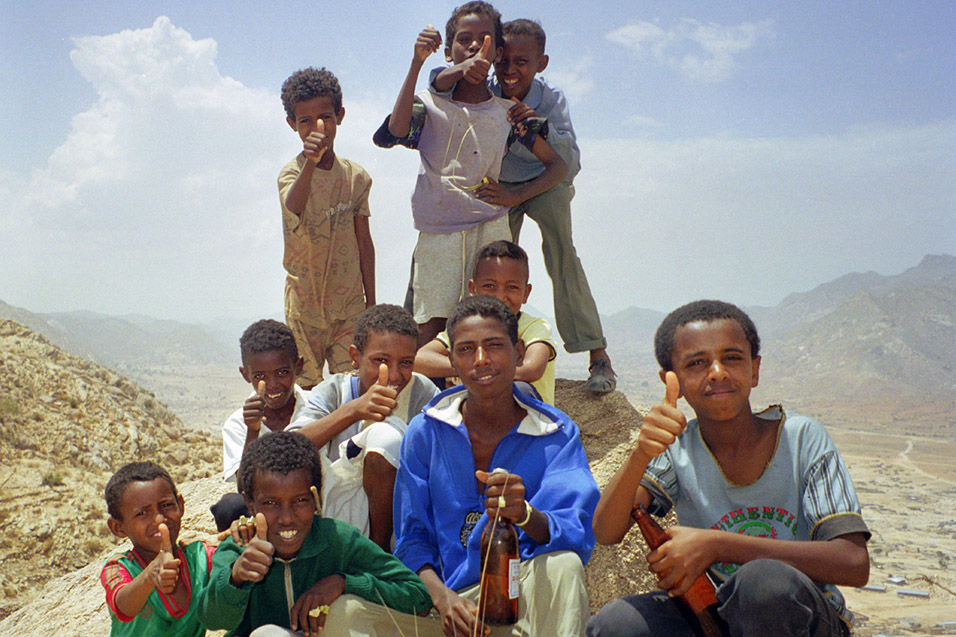A few weeks ago, while walking along the Gulf of Tadjourah in Djibouti, I was listening to the audiobook version of « Black Mamba Boy », the first novel published by Somali author Nadifa Mohamed. Jama’s story, an 11 years old Somali boy, reminded me of the many street children I encountered in Djibouti.
Jama lives in exile with his mother in Aden while is father is believed to be working as a truck driver in Sudan. In the Yemeni harbor, Jama is a street urchin working small but hard jobs. When his mother dies, he ends up in the street, lifting restaurants leftovers to survive. His clan gets to help him by having him cross the Red Sea on a dhow to be reunited with his grand-father’s family in Hargeisa in Somaliland. He finds himself unwelcome and decides to get on the road to find his father. He travels to Djibouti sometimes on foot, sometimes at the back of a truck.
Nadifa Mohamed actually tells the story of her father which started in Aden in 1935. Surprisingly, I could have heard similar itineraries, with only a few diverging details, told by the street children we were taking care of in a refuge center in Djibouti when I worked there in 1995. In the last two years, I have been going back regularly to Djibouti and it doesn’t look that the situation of street children, and refugees, has changed much. On the dirt track leading to Holhol, we came across several groups of men, women and children walking under the sun, arriving clandestinely from Somalia or Ethiopia. Djiboutian soldiers who are patrolling this road mentioned having had to bury eight people who died of thirst in the last year.
After Djibouti, where he was nicely welcome, Jama further pursues his father’s quest in Eritrea. There, at the time, the Italians were fighting a war against the Ethiopians and the British. Near the Sudan border, he manages to establish contact with his father who nevertheless would be killed before they could be reunited. Depressed and hungry, he gets enrolled in the Fascists’ colonial army in exchange of a pittance. Besieged by the English bombings around Keren, humiliated by Mussolini’s troops he goes AWOL and finds refuge in a village far away from the war’s fury. That’s where he falls in love with Bethlehem, whom he marries before going to Egypt to try his luck in the British merchant navy. After many adventures, he gets recruited to put coal in the Exodus’ steam engine. This is the ship full of Jewish refugees from the camps which the British prevented to disembark in Palestine in 1947. At the end of his journey, Jama gets ashore in Wales and signs up for a new trip to Canada. But when he gets a message announcing that his wife has given birth to a son, he turns around to get back to them.
Thanks to Nadifa Mohamed’s moving first novel, we get to discover the little-known history of the Horn of Africa during the tumultuous years around World War II, with its people tossed haphazardly by the Italian, British and French colonialisms. Those are the same places, and to a large extent the same period, described in « Fortune Carrée » by Joseph Kessel, « The Secrets of the Red Sea» by Henry de Monfreid and in Hugo Pratt’s graphic novels (« Brise de Mer » and Corto Maltese in « The Ethiopian ») which I all read almost 25 years ago when I arrived in Djibouti. They are all exciting adventure stories rendering well the harshness of the landscapes around the Southern Red Sea. But it is in reading « Black Mamba Boy » that I best recognized the atmospheres, the accents and the local customs that I had discovered while living in Djibouti, and when visiting Hargeisa as well as Massawa, Asmara and Keren in Eritrea.
